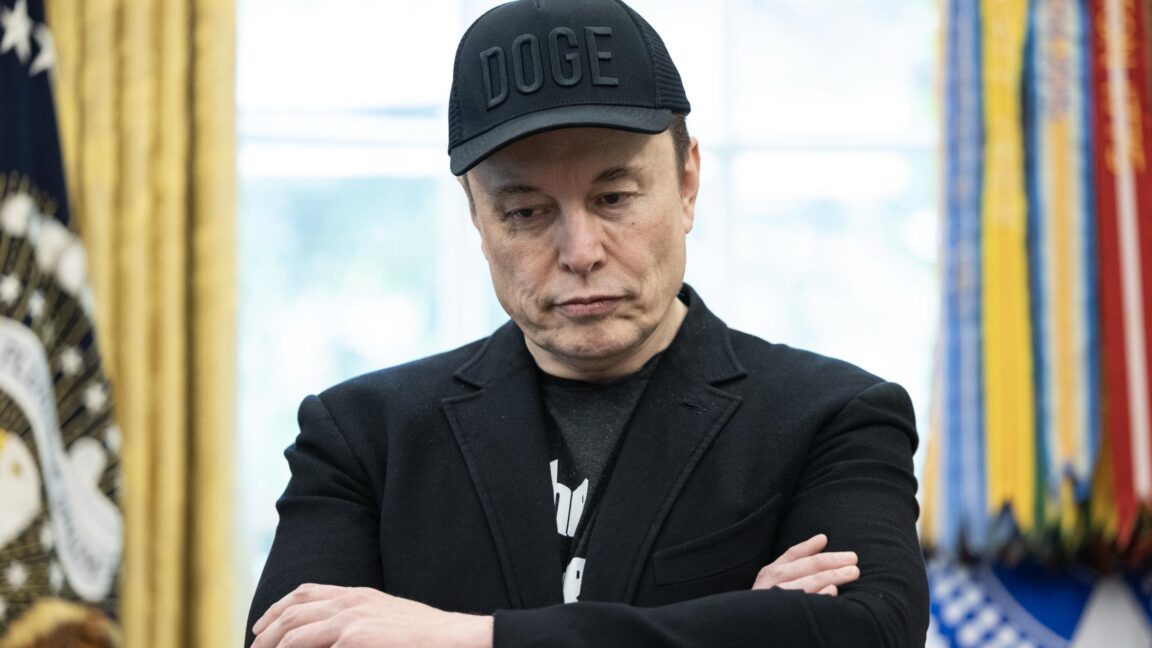Since reducing costs was one of the Trump administration’s stated goals, and states are complying with that mandate, they have a fighting chance to get their updated plans approved even if they face challenges from SpaceX. The NTIA seems to be “motivated by its desire to be able to return a significant amount of the money Congress appropriated for the program to the US Treasury,” Levin wrote in an August 15 note to investors about SpaceX’s challenge in Virginia.
The NTIA could return a large chunk of the $42 billion even if it doesn’t fully accept SpaceX’s argument. Levin predicted the NTIA will require states to “incrementally modify their plans” but that the final results in many states will still favor wired broadband providers more than satellite firms.
“We can’t be certain what Lutnick will decide but we expect Lutnick to attempt to forge state-by-state compromises,” Levin wrote. The US law that created BEAD “provides NTIA (and therefore the Commerce Secretary) enormous latitude for deciding how to accept and or modify the states’ plans… We think NTIA will try to compromise by telling VA (and other states) that while they don’t have to give satellites everything, they must give them a bit more,” he wrote.
A satellite “accounting trick”
Levin argues that the NTIA’s treatment of satellite service amounts to an “accounting trick.” For purposes of the BEAD program, the NTIA does not count existing satellite service when determining whether an area is already served by broadband. But satellite broadband services can obtain funding to serve the homes and businesses that are judged to be unserved.
“That seems inconsistent, but if satellite performance qualified in determining whether an area was unserved, it could result in all rural areas being defined as served, which would not serve the political interests of the Trump administration,” Levin wrote. “On the other hand, if satellite were not qualified for funding, that, apparently, would also not serve the interests of the Trump Administration. SpaceX’s comments highlight that oddity in arguing that it basically is already capable of serving all unserved locations.”
SpaceX could sue the NTIA if it doesn’t like the final outcome. But Levin thinks such a lawsuit won’t succeed. He wrote that litigation prospects “are low as the law provides that the decision of NTIA shall be upheld unless ‘the decision was procured by corruption, fraud, or undue means.'”
